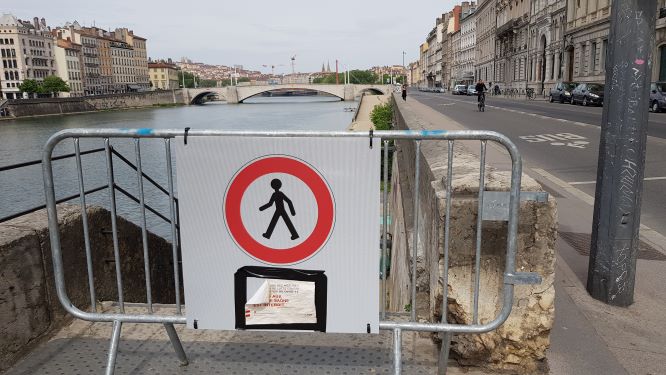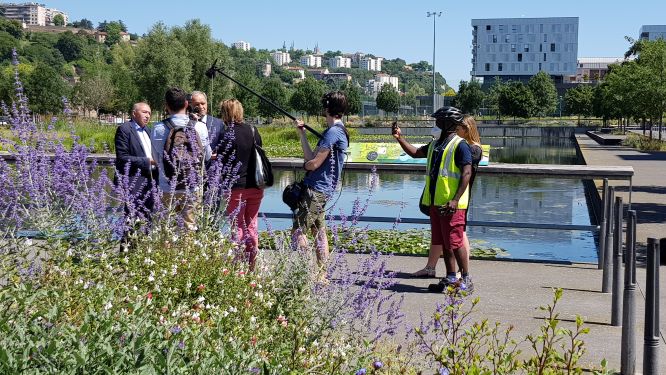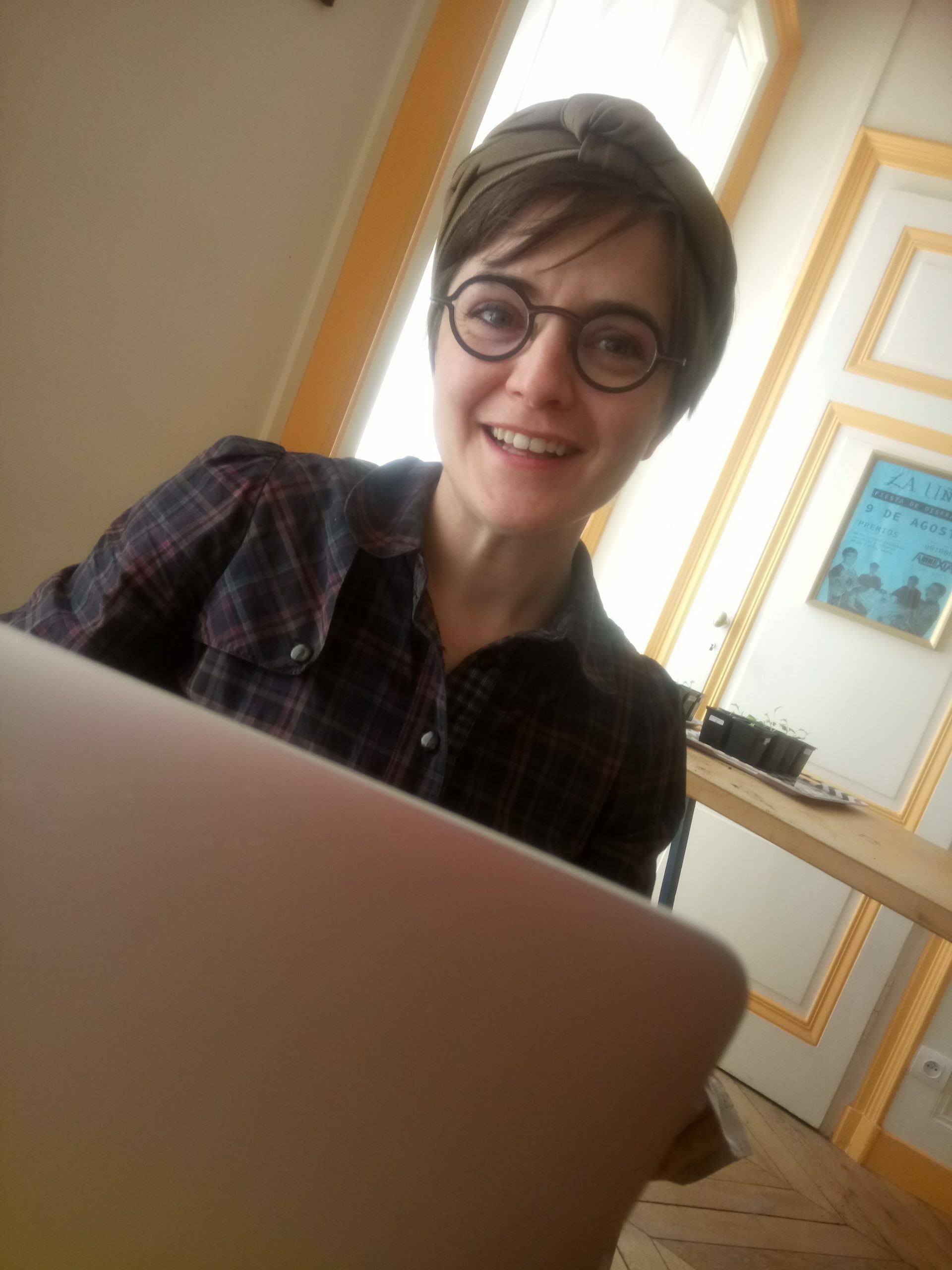Text, photos and video: Selene Verri
Shops closed, no theatres, no parties, no holidays, no possibility to see your loved ones even if they were dying, a certificate to sign if you wished to go out, for no longer than an hour and not further away from home than one kilometre, except for compelling reasons. And, out of the windows, the bluest sky ever and just a few people walking like ghosts in a post-apocalyptically quiet city. For almost two months, from March 17 to May 11, France, like many other European countries, turned into a giant prison for everyone. For the French people, a people proud of its democratic tradition, it was a special kind of shock, as explains sociologist Jean Viard in his book “La page blanche” (The White Page): “A few months before the great planetary confinement, while observing the situation in China, no one seriously thought about its transposition here. It was OK for a dictatorship! But not for us,” he says. “Then we jumped into the pandemic with both feet. And without hesitation, without a real debate, the whole of France was thrown into a relaxed copy of the Chinese totalitarian model (…). The President took his risks, and the people followed with incredible submission. Health rather than freedom! Where had the restless Gauls gone? Did we choose wisely? We will never know the answer, of course; but when we see what psychological and economic damage it has caused, in particular to the poorest and most vulnerable, the question is fraught with meaning.”
What damage? According to charities, the health crisis has pushed one million French people into poverty, in addition to the 9.3 million people already living below the monetary poverty line – 1,063 euros a month. A poll published on October 9 confirms that the pandemic has exacerbated social inequalities.
The moment it got really weird


The former mayor of Lyon is interviewed by local media, before the second round of the local elections, which had to be rescheduled because of Covid.
According to him, “The confinement period was hard especially for those couples who did not get along.” He has a point. Camille Vilain, who lives in Lyon where she works for a university on international projects, describes her life during that period with some fondness:

“At first I would see the outside world mostly through a window. I didn’t really have the time and I was not really in the mood to go out. I delegated the shopping and meals to my darling. He is an apprentice cook, and rather sociable. From one day to the next, everything stopped for him: his restaurant internship, his meetings with friends in his favorite bars. He did not know if his training would be validated and if he would be able to work in this sector, which had been hit hard. And yet he took things with philosophy and optimism. He made a point of finding the best products in the neighborhood to practice new recipes. When it became clearer that the bike could be used beyond the kilometre or the hour, he went looking for vegetables from a producer in the agglomeration who used to supply his restaurant. He would pull me off my screens, make me laugh, put my moments of gravity in perspective, push me to go outside. As it happened to many others, we had the occasional fight, but it was quite rare, especially considering our impatient characters.”
Harder times in Paris
A miracle result
This led to a historical result: for the first time in decades, French prisons were not overcrowded. Thanks to these measures, more than 13,500 people out of a total of 72,000 left their cells in two months.
Organisations and professionals in the sector, however, believe that this is an important first step, and on June 3 they addressed to the President of the Republic an open letter, signed by almost a thousand people, in which they asked “For emergency management to be followed by a real policy of prison deflation, capable of assuring individual confinement and dignified conditions of detention and of promoting the release of those who can or must be freed.”
Double confinement
For those in prison, the confinement was double, as was the pain: no activity and no contact with outsiders, including their loved ones. All that was left were yard time, in some cases of shorter duration and in small groups, and access to the phone. Some measures have been taken to try to alleviate the situation: inmates have been given a telephone credit of 40 euros and free access to television – which in normal times must be rented. Not enough, however, for Bès, who thinks it would have been possible to take further steps inspired by other European countries, such as the access to smartphones granted to prisoners in Italy and Spain, or the possibility, granted in Belgium, to contact dear ones through video conferences: “The prison administration in France told us that they were not technically able to do it or offer it. As for the issue of mobile phones, in France it is still a taboo, even if we know in some prisons the guards were instructed not to punish the prisoners who used a mobile phone.”





